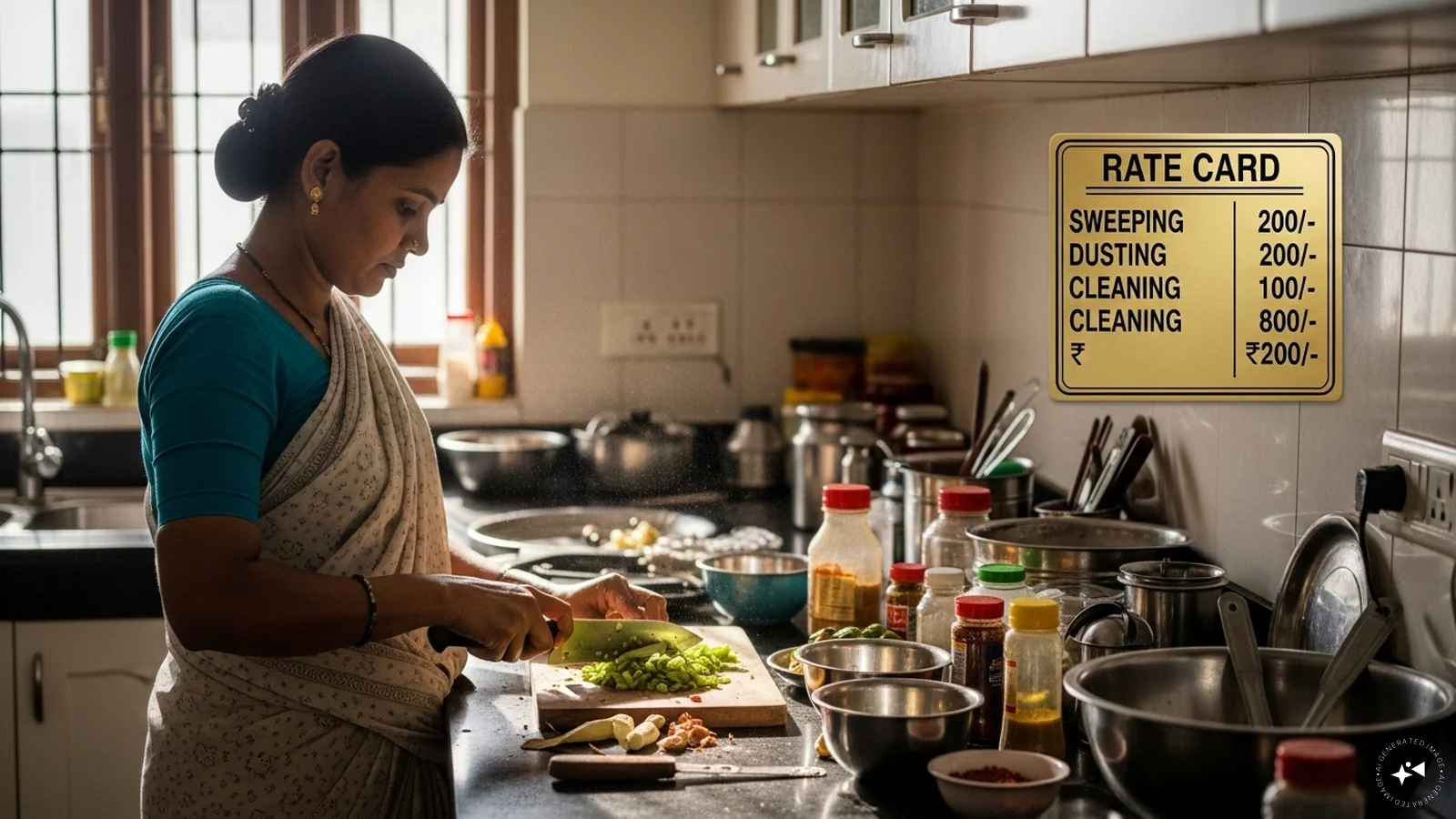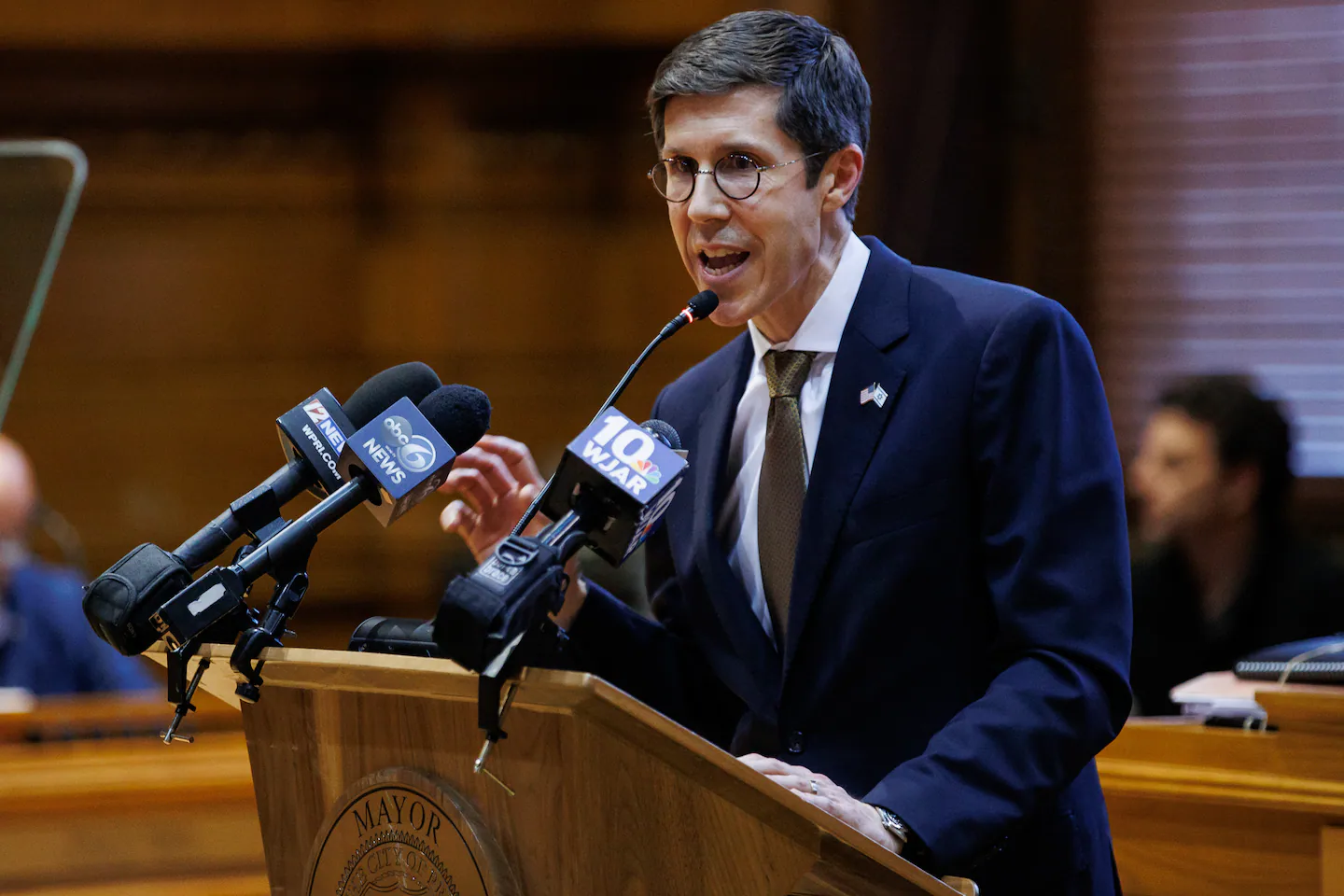Karnataka Plans ‘Rate Card’ For Maids & Cooks; Fixed Wages, Medical Benefits & Pension On Agenda
By Apoorva Misra,News18,Rohini Swamy
Copyright news18

Karnataka households will soon have a rate card to determine the salaries of their domestic help. This will be monitored and updated by the state government and will form a key part of the Domestic Workers (Social Security and Welfare) Bill, which seeks to provide social security coverage, minimum wage protection, and welfare benefits for domestic workers across urban areas in the state. A five per cent welfare fee will also be levied if the Bill gets the green signal.
As of now, there is no single fixed “rate card” for domestic help in Karnataka. Wages vary widely between cities and rural areas, and top officials say many workers continue to operate under unfair conditions, receiving salaries far below what they deserve.
Karnataka is planning to introduce the Domestic Workers (Social Security and Welfare) Bill to address this. The legislation aims to extend social security coverage, ensure minimum wage protection, and provide welfare benefits for domestic workers in urban areas, Karnataka labour minister Santosh Lad told News18.
Under the proposed framework, the number of hours worked and the specific chores undertaken will be matched with a minimum wage programme. Each task will be assigned a price, which will then determine the salary of the domestic worker, explained a senior government source working closely on the draft Bill. The Bill is expected to be presented to the cabinet within the next two weeks.
“There is a random determination of how much each task and number of hours worked is valued. The domestic worker must get what they deserve. There are workers who also face a lot of abuse. There are also instances where we have seen that there needs to be checks on domestic helps as well. There are a rising number of senior citizens in the state, who also have help, but we have seen unforeseen situations,” explained the minister to News18.
“The effort is to have the workforce registered. The government should know how many are working, what they need—medical or other assistance. It can also serve as a data bank to provide these services with proper background verification,” added Lad.
This draft Bill lays out a rights-based, contributory framework requiring mandatory registration for every domestic worker, including maids, cooks, drivers, and nannies, as well as their employers and service providers. It also proposes the creation of a Karnataka State Domestic Workers Social Security and Welfare Board to oversee implementation, frame welfare schemes, and handle grievance redressal.
One key feature of the Bill is the introduction of a welfare fee. Telangana had introduced a similar Bill for domestic workers, but Karnataka’s version will be tailored to suit the state’s needs, the minister explained. The state government had earlier rolled out the Gig Workers Social Security and Welfare Bill, 2024, and the Cine and Cultural Activists Welfare Bill, 2024, both establishing dedicated funds for worker benefits.
“The welfare fee levied shall be paid into the fund quarterly or every six months, with employers submitting a wage calculation sheet in the prescribed format and uploading it to the digital portal annually. If the annual statements do not match the actual welfare fee paid, the employer will be liable for penalties under the Act,” the draft Bill states.
Employers, service providers, and placement agencies, including digital platforms, will be required to contribute up to five per cent of the domestic worker’s wages or remuneration as the welfare fee. Payments will be made through digital transactions into the fund created under the Bill.
The tripartite welfare board will manage this fund, roll out welfare schemes, and conduct inspections. Benefits under the scheme will include compensation for workplace injuries, medical expenses, pensions, education support, and funeral assistance.
The board will have equal representation from state government officials, domestic workers and their unions, employers and service providers (including platforms), and members of resident welfare associations.



